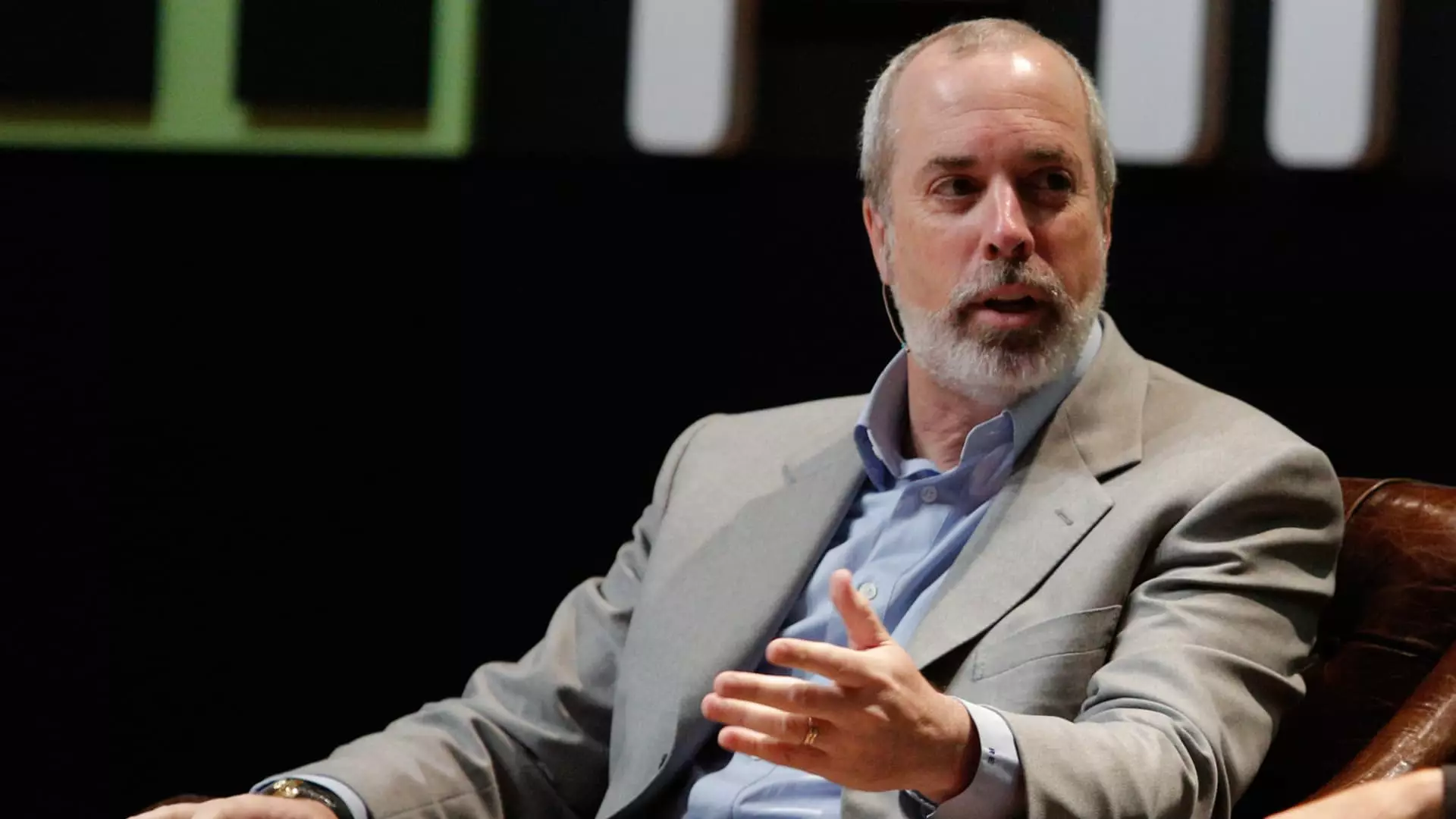In an era where the complexities of financial management are escalating, the call for enhanced financial literacy in the United States has never been more urgent. Ric Edelman, founder of Edelman Financial Engines, articulates a profound frustration often felt by those advocating for better financial education. “We stink at it,” he bluntly states regarding America’s track record in fostering a culture of financial savvy. This sentiment reflects a deep-seated issue: the U.S. education system has long neglected comprehensive financial training, leaving its citizens ill-equipped to navigate the daunting economic landscape of today.
As life expectancy increases, the case for cultivating financial strategies becomes increasingly compelling. Unlike previous generations that often did not live beyond their 60s, baby boomers and younger generations face the daunting possibility of funding decades of life after retirement. This shift necessitates a reevaluation of traditional investment models, such as the prevalent 60-40 stock and bond allocation, which may not provide the resilience needed for longer retirement spans. Edelman’s insights underscore an uncomfortable truth: our financial future hinges on the education we acquire—or fail to acquire—about managing our money.
The Seduction of Quick Riches
A troubling trend among younger investors is their attraction to get-rich-quick schemes, often promoted by the very platforms that should nurture prudent investment. Edelman warns that these avenues often lead to gambling rather than genuine investing. Today’s retail investors find themselves inundated with options trading, with participation in the options market skyrocketing to 50% in 2022. This presents a perilous scenario where many young adults are seduced by fleeting profits rather than long-term wealth building.
Moreover, the landscape of consumer finance has transformed into a complex, often unfathomable maze. Companies sometimes design their products to be intentionally convoluted, trapping consumers in financial products that benefit corporations more than individuals. Edelman’s admonition about seeking credible financial information reveals a disconcerting reality: as many young people turn to platforms like TikTok for financial insights, they are more likely to receive misleading or sensationalized advice rather than sound guidance.
A Systematic Shortcoming in Education
One of the most telling factors contributing to poor financial literacy is the educational system’s neglect of personal finance as a core subject. Many young adults enter adulthood without a foundational understanding of how to manage money, falling prey to “the school of hard knocks.” Consequently, decisions about mortgages, loans, and investments often become overwhelming tasks. Edelman highlights a slow shift in this narrative, noting that, while serious strides are being made—such as the requirement for personal finance courses in 27 states—there remains significant ground to cover.
The lack of a universal standard regarding financial education in schools perpetuates a cycle of ignorance and frustration among youth. This failure to equip individuals with essential skills has long-lasting consequences, perpetuating financial anxiety and dependency. Addressing this issue is imperative; making personal finance education a fundamental component of the high school curriculum could be transformative for future generations, fostering an environment where financial literacy is no longer a privilege but a basic expectation.
Hope Amid Struggles
Yet, amid these challenges lies a flicker of optimism. Young Americans today are becoming increasingly aware of their financial situations, often motivated by witnessing the financial pitfalls their parents faced. This generational awareness points to a burgeoning desire among the youth to break free from the old cycles of financial incompetence. Edelman notes that today’s youth are not only motivated but are pursuing financial literacy with a seriousness that bodes well for their future prospects.
Additionally, as states incorporate personal finance education into their curricula, a more financially literate society is on the horizon. This essential shift can empower young people not just to survive but thrive in an ever-changing economic climate. As this new generation learns to navigate the intricacies of finance with higher levels of competence and confidence, they have the potential to redefine what financial success looks like in America. The readiness to challenge the status quo and demand better education is a crucial step in overcoming decades of neglect and confusion in personal finance matters.

Leave a Reply